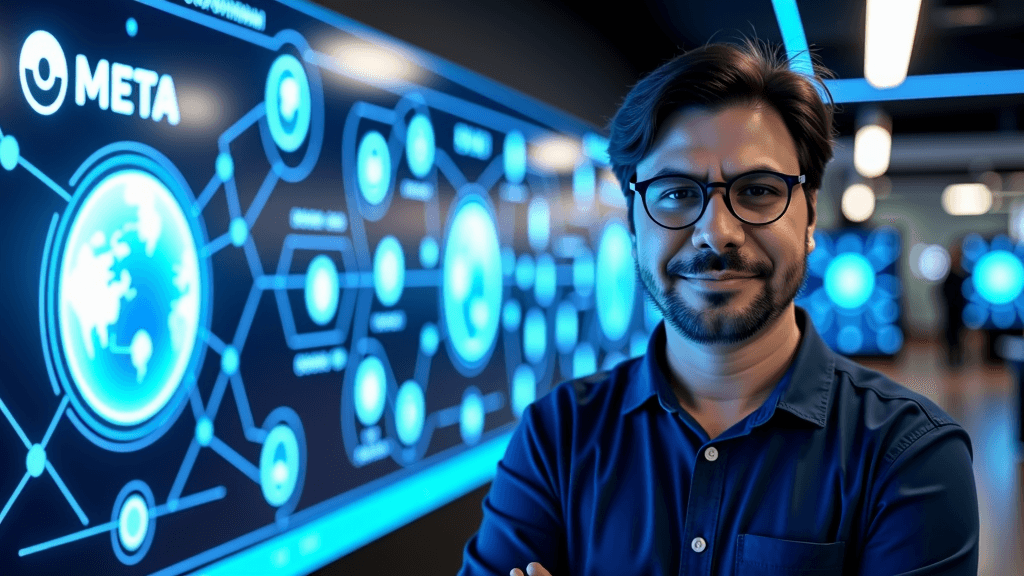The Advancement of AI in Brazil: From Violence Prevention to the Business of the Future
December 21, 2024 | by Matos AI

Over the past 24 hours, the Artificial Intelligence scene in Brazil has shown remarkable developments that deserve our attention. As someone who closely follows technological evolution and its impact on society, I want to share an analysis of the main developments that are shaping the future of AI in our country.
Let's start with a stunning discovery: a study carried out in Recife demonstrated that AI can identify signs of violence against women up to 92 days in advance. Analyzing 13,000 medical records, this technology is proving to be a fundamental ally in preventing and combating gender-based violence – a perfect example of how technology can have a significant social impact.
In the business field, Lessons from China show us the importance of putting AI at the heart of business. The Temu marketplace is a fascinating example of how integrating AI in a structural way can revolutionize traditional business models.
Join my WhatsApp groups! Daily updates with the most relevant news in the AI world and a vibrant community!
- AI for Business: focused on business and strategy.
- AI Builders: with a more technical and hands-on approach.
The Near Future of AI in Brazil
Looking to 2025, The data is impressive: 80% of Brazilian CIOs already plan to invest in AI technologies. In my experience leading innovation initiatives, I can say that this number reflects a fundamental change in the mindset of Brazilian executives.
On the global stage, the announcement of the o3 model by OpenAI represents a new milestone in the evolution of AI. This development will have direct impacts on the Brazilian market, especially considering how local companies will be able to take advantage of these advanced capabilities.
In the telecommunications sector, Amdocs’ implementation of generative AI in its telco-in-a-box solution demonstrates how traditional sectors are rapidly transforming.
Reflections and Perspectives
In my career supporting startups and innovation programs, I have observed that the difference lies not only in the adoption of technology, but in the way it is implemented. Brazilian companies need to develop an approach that is both bold and responsible.
It is essential to understand that AI is not just a tool for operational efficiency – it can be an instrument for social transformation, as demonstrated by the case of Recife. This is the type of innovation I have always advocated: one that combines technological progress with positive social impact.
Conclusion
The current moment requires that Brazilian companies and organizations not only keep up with these changes, but also position themselves at the forefront of responsible innovation. As I have been saying for years in my lectures and mentoring sessions: it is not enough to adopt technology – it is necessary to integrate it strategically and ethically at all organizational levels.
Brazil has a unique opportunity to stand out globally in this new era of AI, but this requires a combination of strategic vision, investment in training and, above all, a focus on solutions that generate real value for society.
✨Did you like it? You can sign up to receive 10K Digital's newsletters in your email, curated by me, with the best content about AI and business.
➡️ Join the 10K Community here
RELATED POSTS
View all



